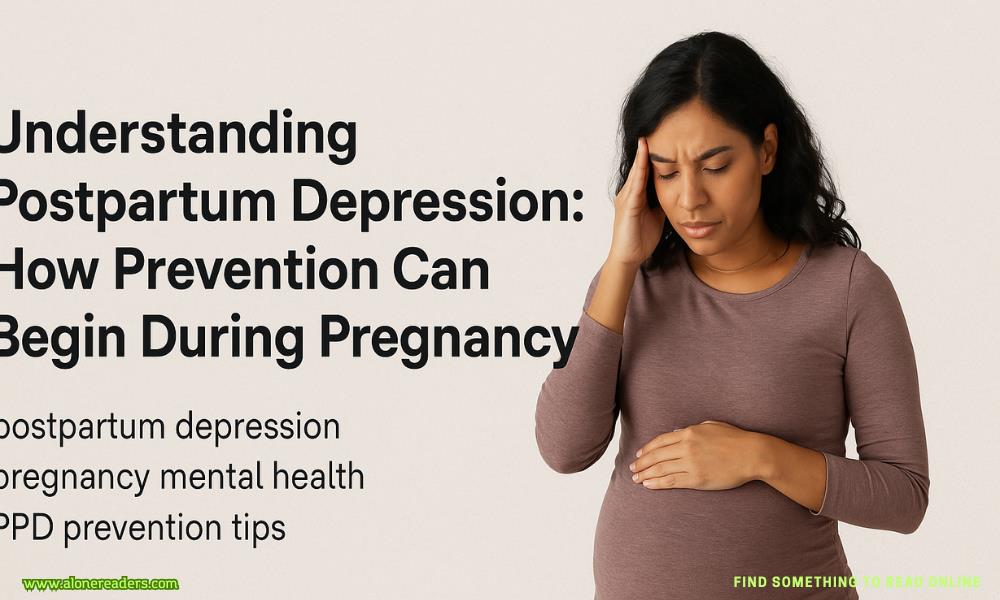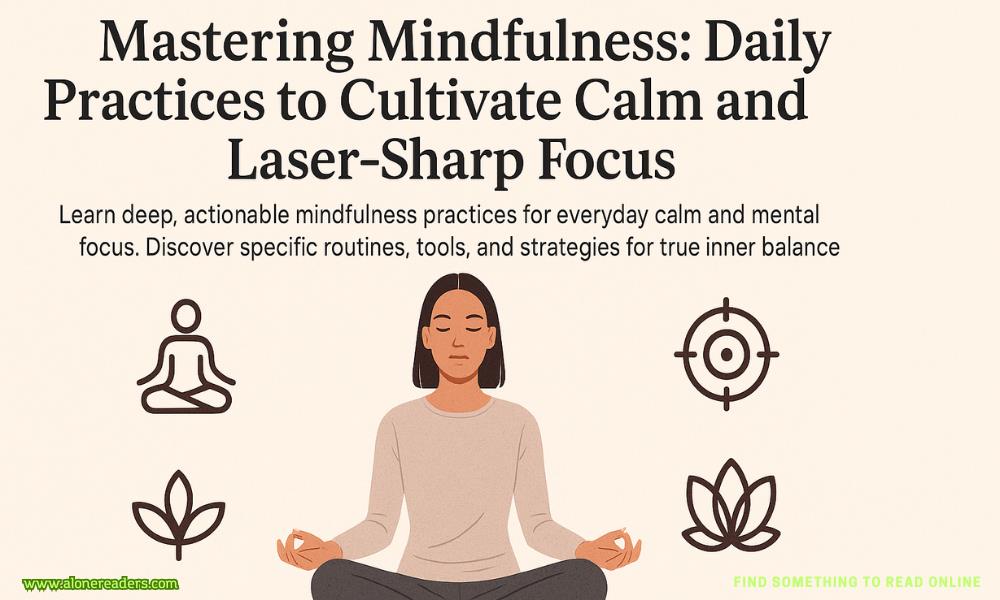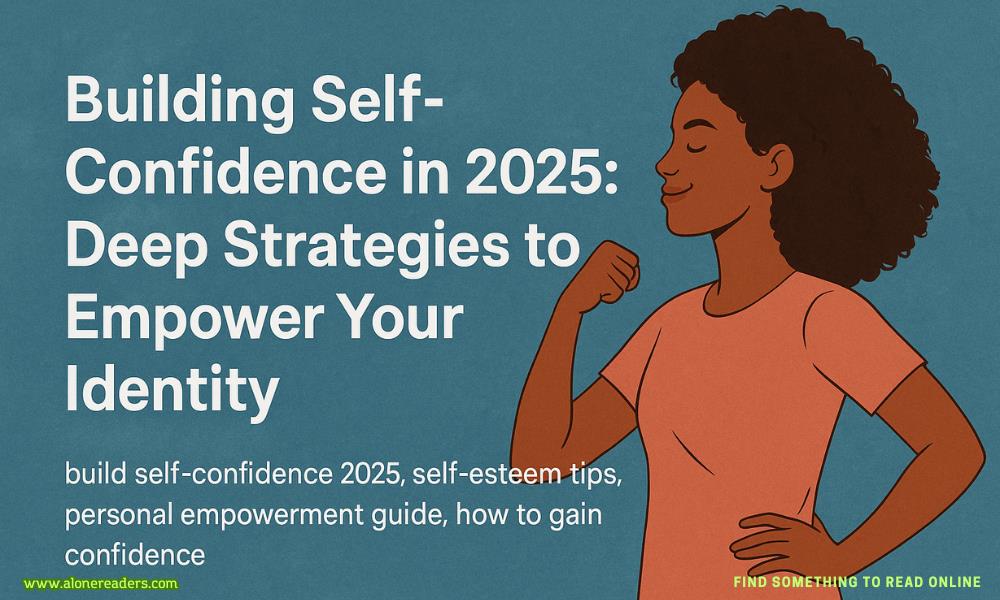Page 24 of Take Me Home
“Pillow barrier,” she said coolly, not at all spiraling at the thought of his mouth on her skin. “Just to be safe.”
“Safe from what?” When she didn’t answer, he slid into the bed and said, “Don’t worry. I’m not going to spoon you.”
Hazel eased into her side and pulled the comforter up under her chin. “Okay, good night, Asher.”
His soft chuckle danced around her in the dark, warm and a little raspy. He had a really nice laugh, nicer somehow in the disembodying dark.
The bed jostled as he rolled one way, then back, every move rustling the blankets, making a spring creak. Hazel tugged the comforter back at every little pull as he shifted. Once he finally settled, she closed her eyes and willed herself to fall into the most sudden sleep of her life—a non-drunk blackout, and she wouldn’t remember any of this tomorrow. The silence grew like a dense fog, hanging there. No hum of a heater to mask their soft breaths. The whisper of the sheets. The hollow wind stirring nothing outside, everything frozen. She could hear her ownheart thrumming in her ears. She was pretty sure she could hear the tiniest taps of snow hitting the window.
“I can hear you thinking,” Ash murmured, already sounding half asleep.
“I can heareverything,” she blurted, pulling the blankets over her face. “How can quiet be soloud?”
“It’s nice.”
“I thought you loved noise,” she said, throwing the blanket off and rounding to the foot of the bed. Her teeth chattered at the sudden rush of cold air, but she pushed through, yanking the end of the sheet from under the mattress.
“What are you doing?”
“I can’t stand my feet feeling stuck.”
He gasped. “You just expose them freely to the monsters under the bed?”
“What are you, five?” she asked, climbing back in and covering her nose with the covers.
“I’d sleep in a straitjacket if I could,” he confessed.
“A bean in a burrito,” she said before she could stop herself.
He laughed. “That’s cute. Is that a saying?”
She rolled onto her side, hugging her knees tightly to hold in more warmth. Her back was so stiff and achy from stress, the drive, the cold. She felt a decade older than twenty-three. “How does this not bother you?”
“I need noise to focus, not to sleep.”
“I didn’tthinkI needed noise to sleep,” she grumbled.
The bed moved subtly, and that spring whined. It wasn’t until the third whine, the rhythmic jostle of the mattress, that she realized Ash was doing it on purpose. Her voice went high and tight from the intrusive sexual images that followed: Ash hovering over her, sliding her hands above her head…“That’s not helping.”
She squeezed her eyes shut, felt her cheeks burn with embarrassment despite the veil of darkness. This was too much. Her chances of ever falling asleep next to Ash Campbell tonight were on par with getting struck by a meteorite—which, actually, she’d welcome at this moment.
That soft, sleepy chuckle washed over her again. “Want me to talk to you?” he asked. “Bore you to sleep?”
“No.” Several long seconds dragged by. Hazel sighed. “Fine.”
Ash shifted, and when he spoke, even though she was turned away from him, she could tell he’d rolled onto his side facing her. His voice was sleepy and close. The hairs on the back of her neck rose to attention. He said, “Did you know the size of an architectural space can affect how you think?”
“I’m sure it can, but explain,” she said.
“Higher ceilings make people feel freer and think more abstractly. Lower ceilings make people feel grounded and focus more on fine details.”
Hazel’s mind pounced on the idea, imagining her cramped apartment compared to the spacious one she and Sylvia had shared, the airy five-star hotels her mother lived in compared to this intimate, busy room that, coupled with the darkness, mired Hazel in every tiny sound and movement.
Ash shifted again, and the pillow barrier pushed into her back as if he’d scooted up against it. She was grateful for the darkness hiding them from each other, though the darkness itself also sharpenedeverything. Her other senses were so heightened, they were distorting reality, the opposite of the warning on a car’s side mirror—Objects may seem closer than they are.She felt his low voice murmuring right into her.
“There was this study,” he went on, “where they made small-scale models of existing spaces and had people mentally tourthe model space. They were supposed to do it for thirty minutes, but there wasn’t a clock. They had to guess when the time was up. And they found that people’s perception of time is directly proportional to the scale size of a space. Smaller scales make people think time is passing faster than it actually is.”
If only she could climb into the model of his sister’s house, then. Cut the endless night ahead of them in half. “The psychology of architecture?” she said on a yawn. “Far too interesting. Be duller.”
- Bought & Bred By the Bratva by Imani Jay
- Bratva Daddies for the Single Mom by Lisa Cullen
- Trapped By the Bratva by Ava Gray
- Freak by Vivian Mae
- Her Dom's Secret Past by Suzy Shearer
- Honey Trapped by Glenna Maynard
- Crossed Wires: The Complete Series by Mari Carr
- Bound By the Bratva by Ariana Cooper
- A Cage of Magic and Darkness by Marissa Farrar
- Enjoying the Ride by Cassandra Dee
- The Spring in My Heart by J.L. Lora
- Shattered Promise by Penelope Black
- Blood Queen by K. Larsen
- All of You by K. Larsen
- Tangled Souls by Ember Davis
- Obsessive Love by Aubry J.







